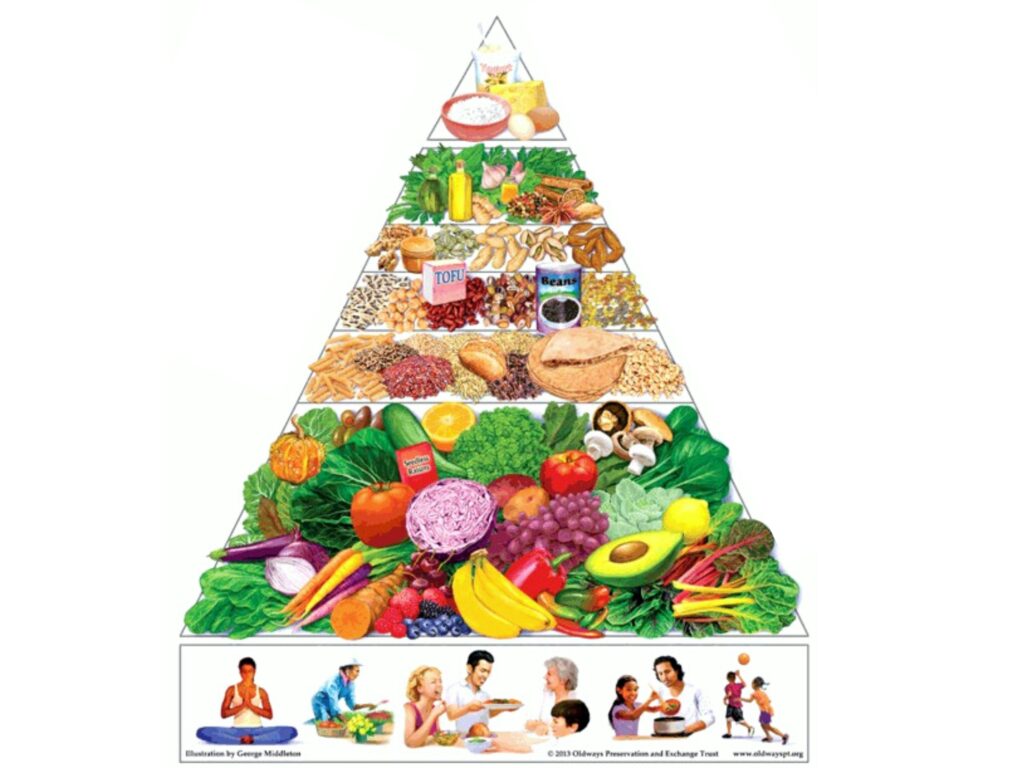Heart disease remains the leading cause of death worldwide. That’s not breaking news, but it is still a wake-up call. What makes it even trickier is that the early warning signs are subtle. They often pass as fatigue, stress, indigestion, or aging. Chest discomfort may not even show up until it’s too late.
Shortness of breath after light activity, sudden dizziness, pain in the jaw or neck—these can all be early calls from the heart. But they’re easy to ignore when life is busy or you’re not expecting trouble. That’s the real danger.
Catching these symptoms early can open the door to prevention. It’s not about panic—it’s about awareness. Knowing what to look for gives you time, and with heart disease, time saves lives.
Shortness of Breath
This isn’t just being winded after a workout. If you’re out of breath doing things that used to feel easy—climbing a flight of stairs, walking to your car, picking up groceries—that’s a flag. In more serious cases, the feeling can hit you even when you’re sitting still.
The problem might not be in your lungs. It could be your heart struggling to move blood efficiently. When that happens, your body doesn’t get the oxygen it needs, and simple tasks suddenly feel like uphill battles. If you’re experiencing this kind of breathlessness regularly, it’s worth paying attention. Your heart might be trying to tell you something.
Poor diet, chronic stress, smoking, and sitting too long might seem like separate issues, but they all feed into the same problem: heart health decline. These everyday habits chip away at cardiovascular strength over time. Add in conditions like type 2 diabetes and high blood pressure, and you’re dealing with constant internal pressure that raises the stakes.
Heart disease isn’t always loud. Often, it’s a slow build from small, repeated choices. One underrated factor that makes a surprising difference? Sleep. Consistent, quality rest gives the body time to reset, manage inflammation, and regulate blood pressure. When sleep is poor, the heart gets no break.
If you’re trying to reset your sleep habits, check out this resource: How Sleep Specialists Recommend Improving Sleep Hygiene.
Micro-Niching for Loyal, High-Intent Audiences
Broad reach isn’t the holy grail anymore. In 2024, smart vloggers are going deep instead of wide. That means creating content for tightly-defined audiences—think “vanlife for single dads” or “sustainable streetwear hauls”—instead of chasing mass appeal. The upside? Smaller but more loyal followings that actually engage, stick around, and eventually buy.
High-intent audiences are more than just fans. They’re communities. They share your content, comment with purpose, and care about your message. This builds a feedback loop that platforms love: high engagement signals quality, and quality gets surfaced.
Micro-niching also sharpens monetization. Whether it’s merch, memberships, or brand deals, niche audiences convert better because the trust runs deeper. It’s less about selling more and more about selling smarter. If you want staying power, get specific.
If you’re looking to protect your heart for the long haul, simplicity works best. Start by moving your body regularly with cardiovascular activities like walking, cycling, or swimming. These aren’t just good habits—they boost circulation, lower blood pressure, and improve overall heart function.
Keep tabs on your health numbers. Blood pressure, cholesterol, and blood sugar aren’t set-it-and-forget-it metrics. They change with your habits, so tracking them gives you real-time feedback on how you’re doing.
Get serious about sleep and stress. Poor rest and chronic stress quietly wear down your heart over time. Build a sleep routine, put your phone down earlier, and find what helps you decompress—whether it’s journaling, breathing exercises, or unplugging.
Finally, clean up the diet. Cut the sodium, add more fiber, and lean into healthy fats like nuts, avocados, and olive oil. Small changes compound over time. Your heart doesn’t need gimmicks. Just consistent care.
Early signs of heart trouble are easy to overlook. A little fatigue. A skipped workout because you feel off. Maybe some shortness of breath, a bit of chest tightness that passes. It’s easy to put these signs down to stress, age, or lack of sleep—until one day, they’re not so easy to ignore.
The truth is, your body usually whispers before it screams. Staying informed gives you a fighting chance. Know the red flags: unusual tiredness, dizziness, pressure in your chest, or sudden changes in heart rhythm. These might not feel dramatic, but they matter. Listening to your body isn’t paranoia—it’s basic maintenance.
Most of all, prevention starts with choices you make daily. What you eat, how you move, how well you sleep, and how much you stress—they all add up. Don’t wait for your body to force the issue. Talk to a doctor. Learn your numbers. Build habits that protect your heart before it needs saving.



